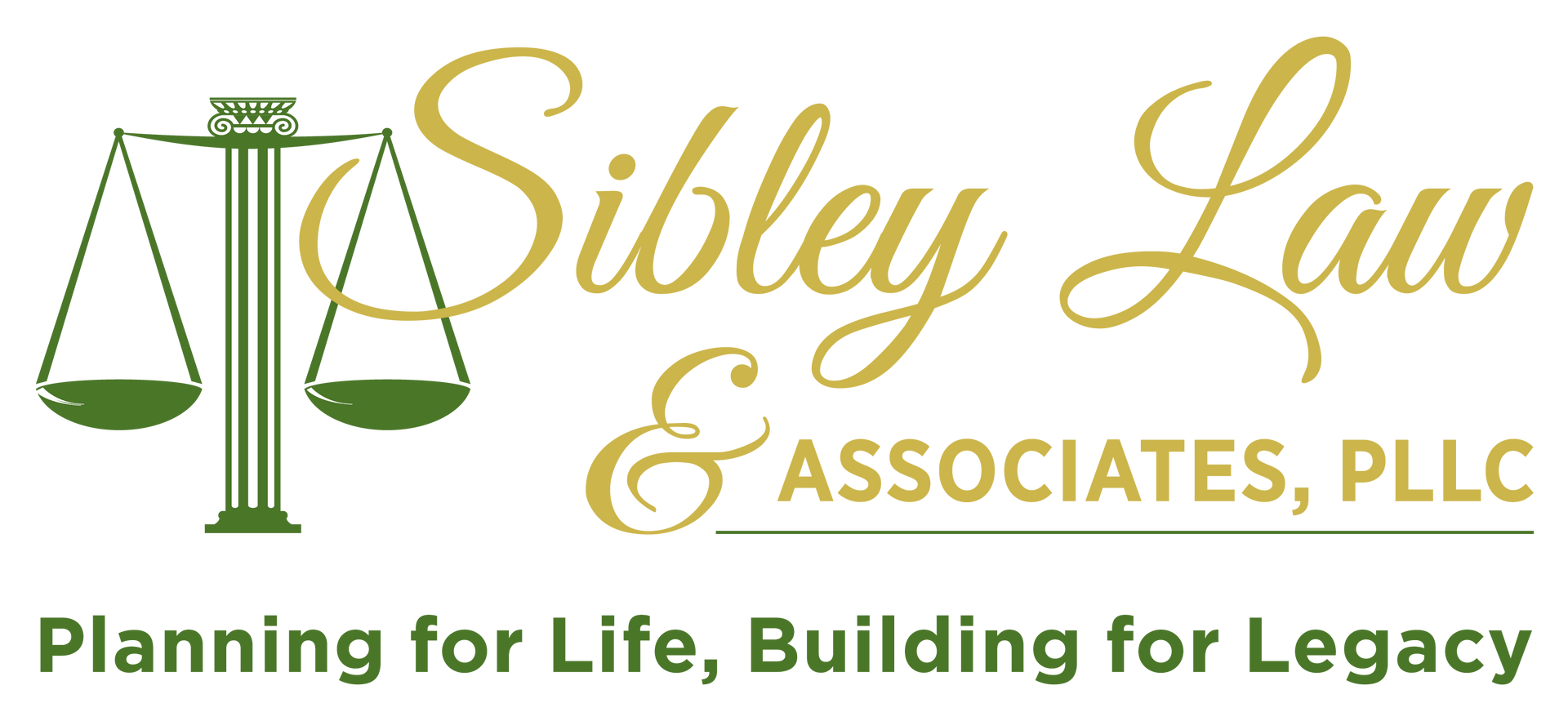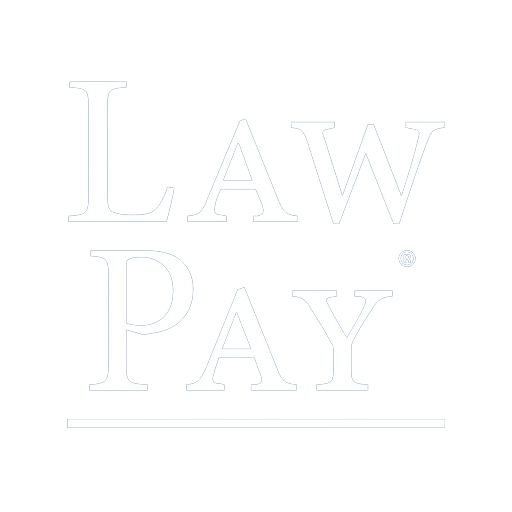What Happens if You Don’t Have an Estate Plan in Melbourne, Florida?
Life in Melbourne, Florida, offers sunshine, beautiful beaches, and a vibrant community. It’s easy to get caught up in the day-to-day and put off thinking about the future – especially when it comes to something as seemingly daunting as estate planning. However, avoiding this crucial step can have significant and often devastating consequences for your loved ones and your hard-earned assets.
At Sibley Law & Associates, PLLC, we understand that planning for what happens after you're gone isn't always easy. But as Attorney Dee Sibley, Founding Attorney of Sibley Law & Associates, PLLC, and one of Melbourne, Florida's Top Estate Planning Lawyers, often says, "Planning For Life...Building For Legacy." Without an estate plan, you leave your legacy and your family's future to the unpredictable nature of state law and the often-costly process of probate.
The Unintended Consequences of Dying Intestate in Florida
When a person passes away in Florida without a valid Last Will and Testament or other estate planning documents, they are said to have died "intestate." In such cases, the state of Florida, through its intestacy laws (Florida Statutes Chapter 732), essentially writes a will for you. This default plan rarely aligns with an individual's true wishes and can lead to a multitude of complications.
Who Inherits Your Assets? Not Always Who You'd Expect
One of the most immediate and impactful consequences of dying without an estate plan is losing control over who inherits your property. Florida's intestacy laws follow a strict hierarchy:
- If you are married with no children, or all of your children are also the children of your surviving spouse: Your surviving spouse inherits your entire estate.
- If you are married with children from a previous relationship: Your surviving spouse inherits one-half of your estate, and your descendants (children) from all relationships inherit the other half, equally.
- If you are not married but have children: Your children inherit your entire estate, divided equally among them. If any children have passed away, their share may go to their descendants (your grandchildren).
- If you are not married and have no children: Your parents inherit your estate. If only one parent is alive, they inherit everything.
- If you have no spouse, children, or parents: Your siblings inherit your estate, equally.
- If you have no close living relatives: The inheritance can extend to grandparents, aunts, uncles, and their descendants. In extremely rare cases where no heirs can be found, your property could "escheat" to the state of Florida, meaning the state takes possession of your assets.
This rigid formula often overlooks modern family dynamics, such as blended families, step-children, or long-term unmarried partners.
The Plight of Unmarried Couples
For unmarried couples in Florida, the lack of an estate plan is particularly perilous. Florida law does not recognize common law marriage, and intestacy statutes only consider legally recognized spouses and blood relatives as heirs. This means:
- Your long-term partner, no matter how committed, has no automatic legal right to inherit your property or make medical decisions on your behalf.
- Shared assets not jointly titled could go to your blood relatives, leaving your partner without access or even their home.
- Without a Durable Power of Attorney or Health Care Surrogate designation, your partner may have no legal authority to manage your finances or make critical medical decisions if you become incapacitated.
The absence of a plan can leave your partner vulnerable, financially insecure, and facing significant legal battles with your family members.
The Costly and Time-Consuming Probate Process
Even if your loved ones eventually inherit your assets under intestacy laws, they will likely have to navigate the Florida probate process. Probate is a court-supervised legal procedure that validates a will (if one exists), identifies and inventories the deceased person's assets, pays off debts and taxes, and finally distributes the remaining assets to the rightful heirs.
Increased Expenses and Delays
Without a will, the probate process can become significantly more complicated, time-consuming, and expensive:
- Court Supervision: The court must oversee every step of the administration, which can be a lengthy process. While some simple estates might be resolved in a few months, more complex ones, especially those with disputes, can drag on for a year or more.
- Legal and Administrative Fees: Attorney and executor fees are often set by Florida state law, typically as a percentage of the estate's value. These fees can range from a few thousand dollars for smaller estates to tens or hundreds of thousands for larger, more complex estates. These costs are paid directly from your estate, reducing what your loved ones ultimately receive.
- Bond Requirements: The court may require the personal representative (the person appointed to manage your estate) to secure a bond, which adds another expense to the estate.
- Family Disputes: Without clear instructions in a will, disagreements among family members are common. Siblings or other relatives may argue over who should be the personal representative, how assets should be distributed, or who deserves specific sentimental items. These disputes often lead to litigation, further increasing costs and emotional strain.
Lack of Control Over Asset Distribution
Beyond who inherits, dying intestate means you have no say in how your assets are distributed. You cannot:
- Designate a Personal Representative: The court will appoint someone, often a family member, who may not be your preferred choice or have the necessary skills to manage your estate efficiently.
- Leave Specific Gifts: You cannot leave cherished heirlooms to particular individuals, designate funds for a favorite charity, or ensure a specific pet is cared for.
- Provide for Minor Children: If you have minor children, the court will appoint a guardian for them, which may not be the person you would have chosen. You also lose the ability to establish trusts to manage their inheritance, potentially leaving them with direct control of a large sum of money upon reaching adulthood, regardless of their maturity.
- Protect Assets: Without a trust, assets may be vulnerable to creditors, divorces, or poor financial decisions by beneficiaries.
Protecting Your Legacy with Sibley Law & Associates, PLLC
The good news is that these undesirable outcomes are entirely preventable. By creating a comprehensive estate plan, you take control of your future and provide peace of mind for your loved ones. An estate plan isn't just about what happens after you're gone; it's about protecting your assets, expressing your wishes, and ensuring your family is cared for.
At Sibley Law & Associates, PLLC, we specialize in crafting personalized estate plans that reflect your unique circumstances and goals. We can help you create:
- Last Will and Testament: To clearly state your wishes for asset distribution and designate a personal representative.
- Trusts: To avoid probate, protect assets from creditors, provide for minor children, or manage wealth for generations.
- Durable Power of Attorney: To designate someone to manage your financial affairs if you become incapacitated.
- Designation of Health Care Surrogate and Living Will: To ensure your medical wishes are honored if you cannot make decisions for yourself.
Conclusion
Ignoring estate planning is not a benign act; it’s a decision that can inflict unnecessary financial burden, emotional stress, and conflict upon the very people you care about most. In Melbourne, Florida, and across the state, the default legal framework for those who die without a plan is rigid, impersonal, and rarely aligns with individual desires.
Attorney Dee Sibley and the team at Sibley Law & Associates, PLLC, are dedicated to helping you "Plan For Life...Building For Legacy." We believe that a well-crafted estate plan is one of the most profound gifts you can give your family. Don't leave your family's future to chance.
Book Your Consultation Today with Sibley Law & Associates, PLLC, and take the first step toward securing your legacy and ensuring your loved ones are protected.
This article is a service of
Sibley Law & Associates, a
Personal Family Lawyer® Firm. We don’t just draft documents; we ensure you make informed and empowered decisions about life and death, for yourself and the people you love. That's why we offer a Life & Legacy Planning Session™, during which you will get more financially organized than you’ve ever been before and make all the best choices for the people you love. You can begin by calling our office today to schedule a Life & Legacy Planning Session™.



















